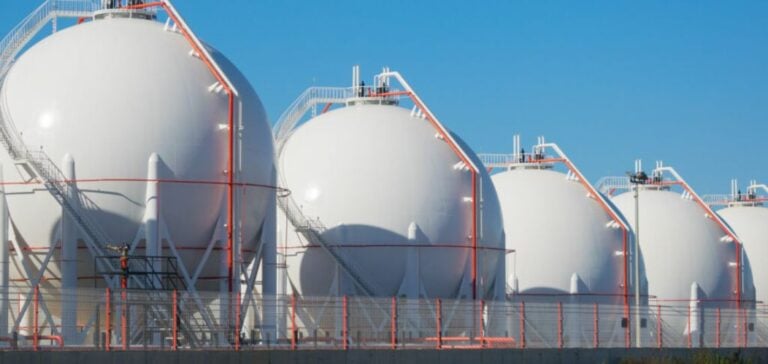Europe, attracted by competitive prices, is stepping up its purchases of Algerian LNG (liquefied natural gas). Data from S&P Global Commodity Insights reveal a significant increase in Algerian exports, reaching 1.1 million tonnes this month. This figure already exceeds the previous monthly record set in November, when 1.15 million tonnes were exported. This sudden increase shows a favorable dynamic for Algeria in the energy sector.
Impact on gas flows
Alongside LNG exports, Algeria has also boosted its pipeline gas exports to Spain and Italy. Between April 1 and 22, shipments were up 10% on the previous month, reaching 2.2 billion cubic meters. Although this represents a year-on-year decrease of 7%, the monthly improvement underscores a gradual recovery in trans-Mediterranean gas flows.
Market price dynamics
LNG prices on the spot market have significantly influenced purchasing trends. On April 23, Platts valued the Northwest Europe LNG DES marker for June at USD 8.832/MMBtu, down 21.3 cents per MMBtu on the previous day. This drop in price makes Algerian LNG particularly attractive to European buyers, contributing to an increase in demand.
Outlook for Algerian exports
With a total of 4.16 million tonnes exported since the start of 2024, Algeria has already surpassed the previous year’s volumes for the same period. This upward trend could continue, supported by persistently low LNG prices in Europe and robust demand. With exports to Europe accounting for around 87% of the total, Algeria continues to strengthen its position as a key supplier of LNG to the continent.
The increase in Algerian LNG exports reflects a strategic adaptation to current market conditions. This trend reinforces Algeria’s position as a key player in the European energy market, offering a rewarding prospect for the future of transcontinental energy exchanges.






















